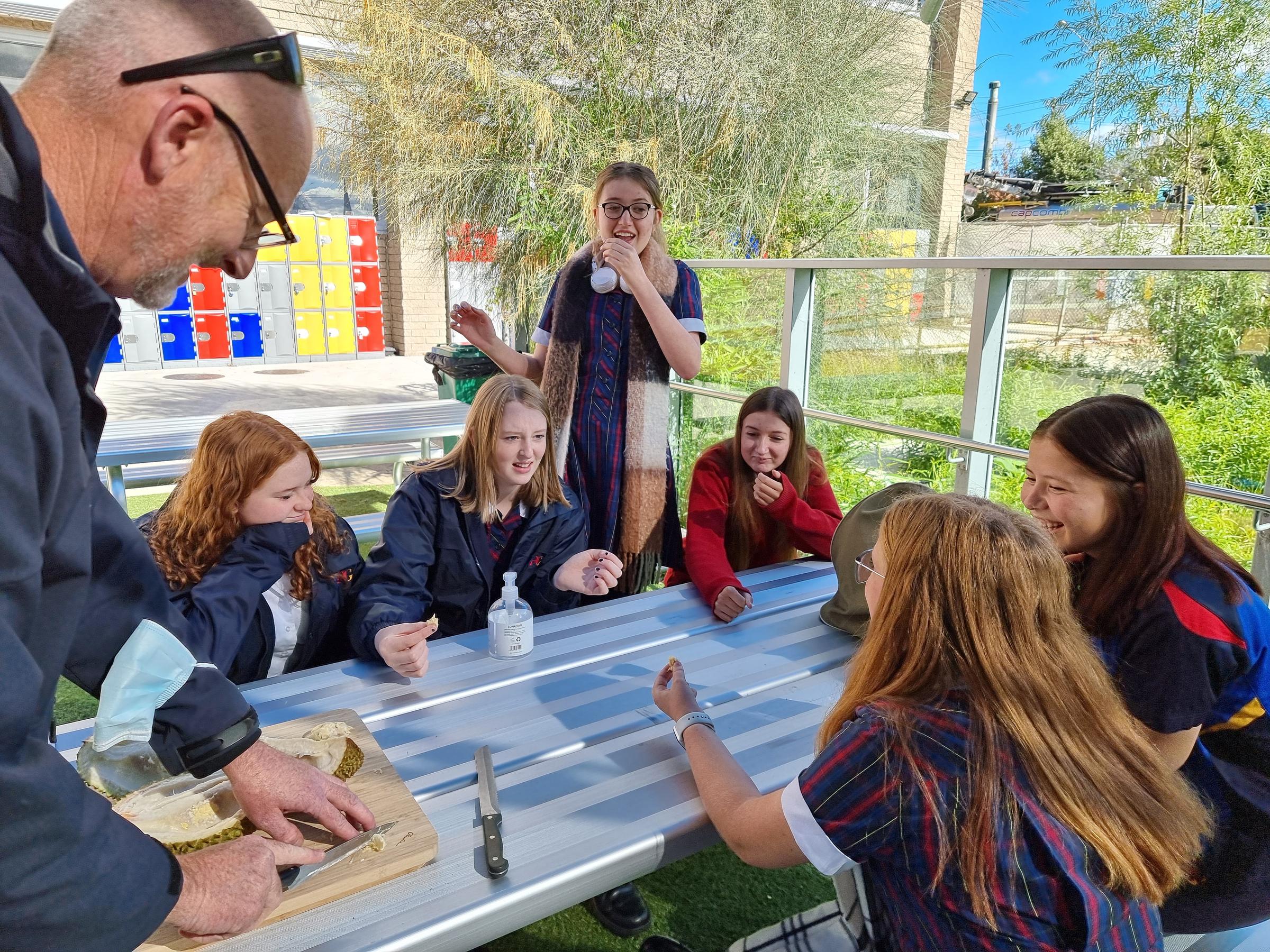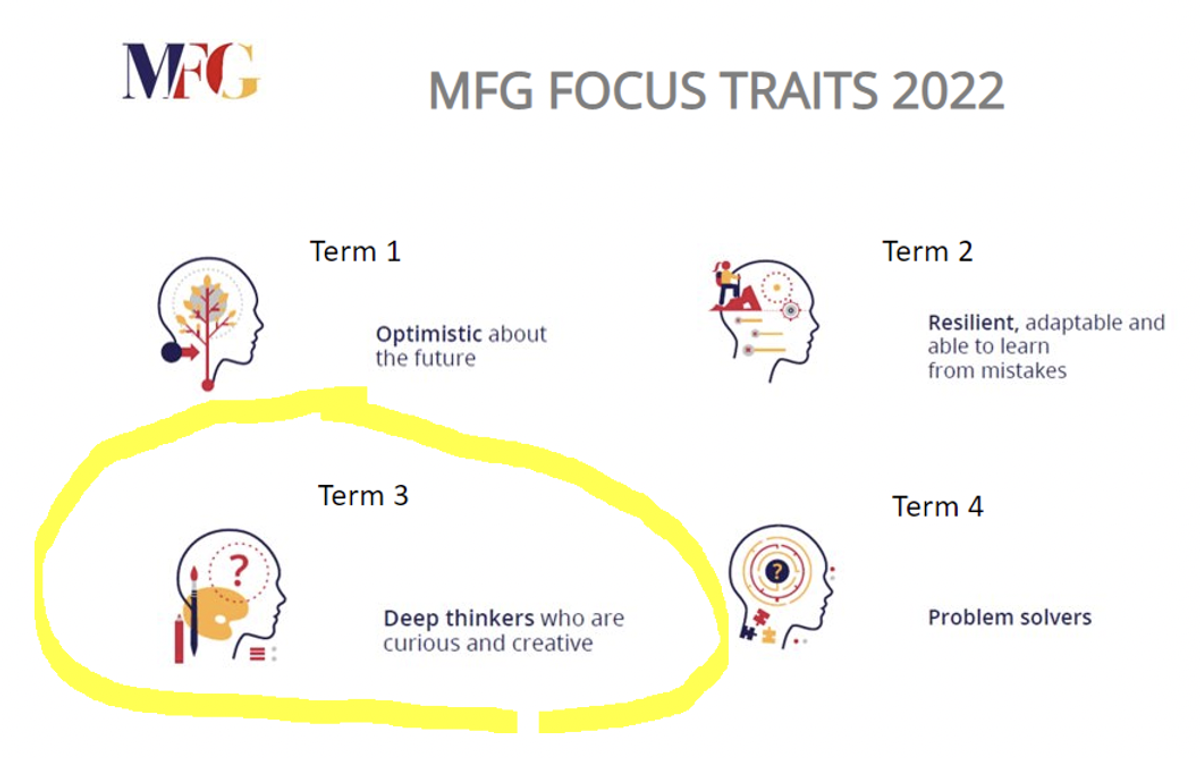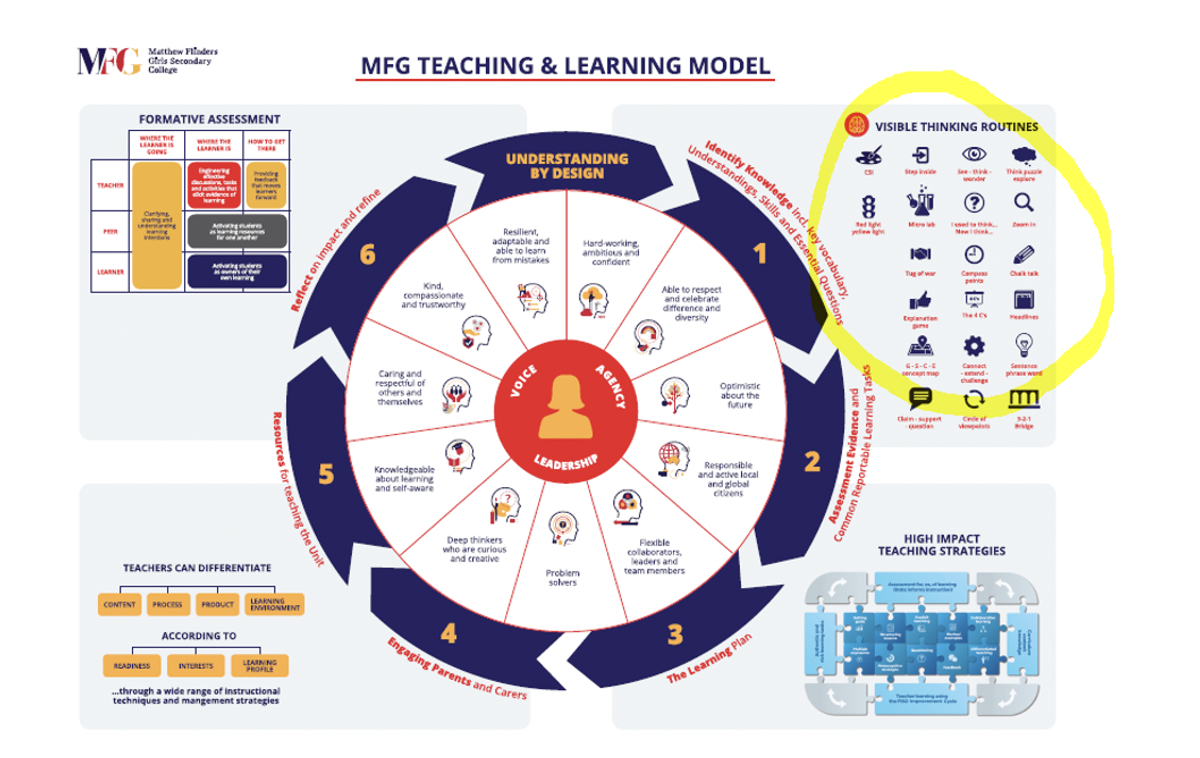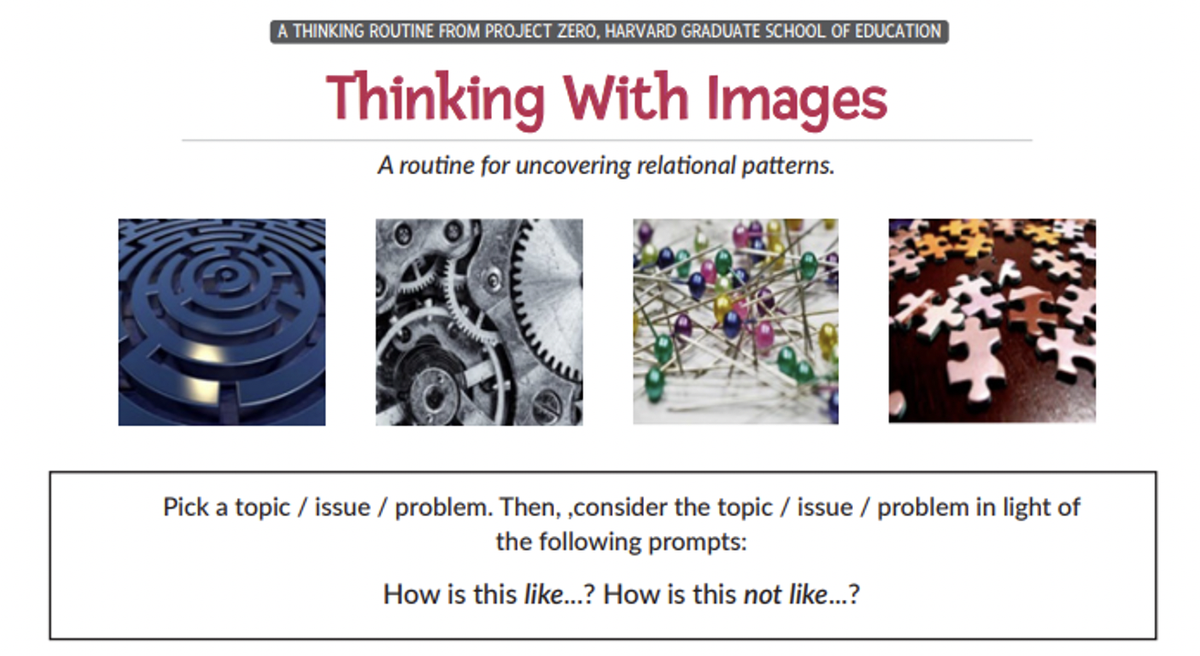Teaching and Learning At MFG

ANCIENT TRADITIONS AND PARENTING
I follow a number of educators and academics on Twitter – one of them is Emeritus Professor Stephen Dinham from the Melbourne Graduate School of Education, University of Melbourne.
He recently tweeted a link to this article which I found interesting as a parent and thought that it was worth sharing.
Here’s an excerpt from the article:
Christina Hardyment looked at over 650 parenting books dating back to the 1700’s and found the vast majority of the information they contain wasn’t from science or even the hard-won insight of wise moms. Most of it actually came from manuals designed to industrialize the care of kids in eighteenth-century foundling hospitals. Yes, really. Babies should be fed four times a day… um, unless the nurses in the ward are too busy. Fine, make it twice a day. Whatever.
And, frankly, many modern science studies aren’t dramatically better. As Brian Nosek of UVA points out, parenting research is notoriously “underpowered.” Instead of studying thousands or tens of thousands of kids, they often only look at a couple hundred — leading to the flip-flopping advice we get every few years.
So where is the useful information? Perhaps it’s time we tried another route. Humans have been raising kids almost as long as “Law and Order” has been on the air. There must be effective traditions out there that work…
And that’s what led Michaeleen Doucleff to travel the world with her three-year-old daughter in search of ancient answers from other cultures. She lived with the Maya in Mexico, the Inuit in the Arctic, and the Hadzabe near the Serengeti. Then she cross checked what she learned with anthropologists, psychologists and neuroscientists. Her wonderful book is “Hunt, Gather, Parent: What Ancient Cultures Can Teach Us About the Lost Art of Raising Happy, Helpful Little Humans.”
MFG TRAIT FOCUS – TERM 3
This year we’ve had a term by term focus on our MFG traits. The Term 3 focus is on our trait ‘Deep thinkers who are curious and creative’.
What is this trait and what does it look like in action?
To think deeply we need to:
- Give thinking time.
- Make our thinking broad and adventurous
- Make our thinking clear and deep
- Keep our thinking organised
Giving thinking time means:
- We gather ideas and evidence first and then decide.
- We think through the idea or problem, part by part.
- We use a specific structure or approach to organise our thinking.
- We talk it through with friends, family or a teacher.
- We think about it more, set it aside, come back to it later and sleep on it.
There are 1000s of thinking strategies and protocols that we can use to support or structure our students’ to thinking deeply. One rich resource that many of our teachers use, and that forms an important aspect of our school’s Teaching and Learning Model, is from the work of Project Zero at Harvard University.
The routine below is invites learners to use analogical thinking to reason about topics / issues / problems by examining the relations that hold within topic / issue / problem and each image.
This routine sets up the conditions for learners to (1) identify systematic correspondences between the topic / issue / problem and each image; (2) draw inferences about each image in relation to the topic / issue / problem; (3) evaluate the inferences for how they might be adapted to fit the qualities of each image; and (4) consider new ways of thinking about the topic / issue / problem using each image.
CURRICULUM CHANGES FOR 2023
These changes are reflected in our Curriculum Handbooks.
- Year 9 Languages (must do one of the following, Indonesian, French Language or French Culture)
- Year 10 addition of a new ‘Permaculture’ elective
- the introduction of a new VCE Unit 1 English study – English Language
- the reintroduction of VCE Units 3 & 4 Revolutions which will replace VCE Units 3-4 Australian History
- VCAL is replaced at Year 11 with a new VCE pathway called VCE Vocational Major (VCE VM)
Senior VCAL (Year 12) to stay the same for 2023.
Damien Toussaint
Assistant Principal, Learning and Teaching




